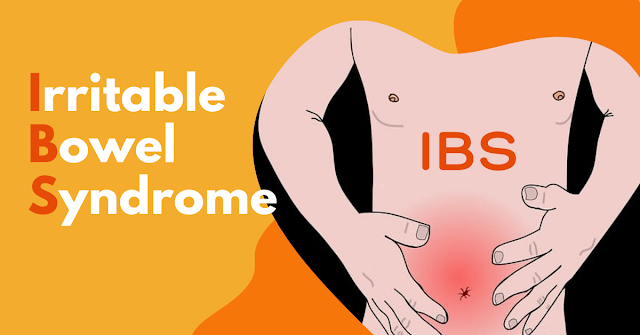
In IBS, the lower part of the gastrointestinal (GI) tract (basically the small and large intestines, also called the small and large bowels) is affected. In IBD, there is inflammation in the tissues lining the digestive tract. Sores and ulcers are present in the lining of the large intestine and rectum.
Functional medicine can treat and manage IBS. Functional medicine takes into consideration the underlying causes of inflammation, optimizes the nutritional status of patients, and extends their remission periods (periods of good health after being ill).
What Causes IBS?
One or more of the following reasons may cause IBS:
- Changes in gut motility may cause IBS. Very strong or weak muscle contractions in the intestine can cause gas, bloating, diarrhea, etc.
- If the nerves in the digestive system don’t function properly due to various reasons.
- If there’s an overgrowth of bacteria in the intestine, meaning changes in gut microbiome
- People who have faced tremendous stress early in life are more susceptible to IBS.
- Certain foods may trigger symptoms of IBS.
- Repeated use of antibiotics might also lead to IBS. Sometimes the good bacteria are also killed along with the harmful bacteria.
Categories of IBS
IBS is categorized into three types:
- IBS With Constipation (IBS-C): Stools are lumpy and hard.
- IBS With Diarrhea (IBS-D): Your faeces are loose and watery.
- IBS With Mixed Bowel Habits (IBS-M): On the same day, you may have both hard and lumpy stools and loose and watery stools.
Functional Medicine Approach to IBS Treatment
Functional medicine offers a personalized approach to treating irritable bowel syndrome (IBS) by addressing the underlying causes of digestive dysfunction. Unlike traditional medicine, which often focuses on symptom management, functional medicine examines various factors that may contribute to IBS, such as gut health, nervous system function, and dietary sensitivities.
Here are some common interventions recommended by functional medicine practitioners for IBS:
- Increasing Fiber Intake: Incorporating fiber-rich foods can support digestive health and alleviate IBS symptoms.
- Avoiding FODMAPs: FODMAPs are carbohydrates that can be poorly absorbed, leading to digestive discomfort. Limiting or avoiding FODMAP-containing foods may help reduce IBS symptoms.
- Guided Elimination Diets: Identifying and eliminating potential food triggers through a structured elimination diet can help tailor treatment plans.
- Hydration and Physical Activity: Maintaining adequate hydration and engaging in regular physical activity can support overall digestive health.
- Stress Reduction: Managing stress can have a positive impact on IBS symptoms.
- Herbal and Supplement Support: Utilizing herbs and supplements, based on individual needs and lab results, can help address specific underlying factors contributing to IBS.
By addressing these various aspects of digestive health, functional medicine aims to provide a comprehensive and personalized approach to managing IBS and improving overall well-being.
Conclusion
Irritable bowel syndrome (IBS) is a common digestive condition that can significantly impact quality of life. While the exact causes are complex and multifaceted, functional medicine offers a comprehensive approach to address the underlying factors contributing to IBS symptoms. By focusing on gut health, nervous system function, dietary factors, and stress management, functional medicine can provide personalized treatment plans that help individuals with IBS achieve improved digestive health and a better overall sense of well-being.
Disclaimer: The information and other content provided in this blog, or in any linked materials, are not intended and should not be construed as medical advice, nor is the information a substitute for professional medical expertise or treatment. If you or any other person has a medical concern, you should consult with your healthcare provider.
